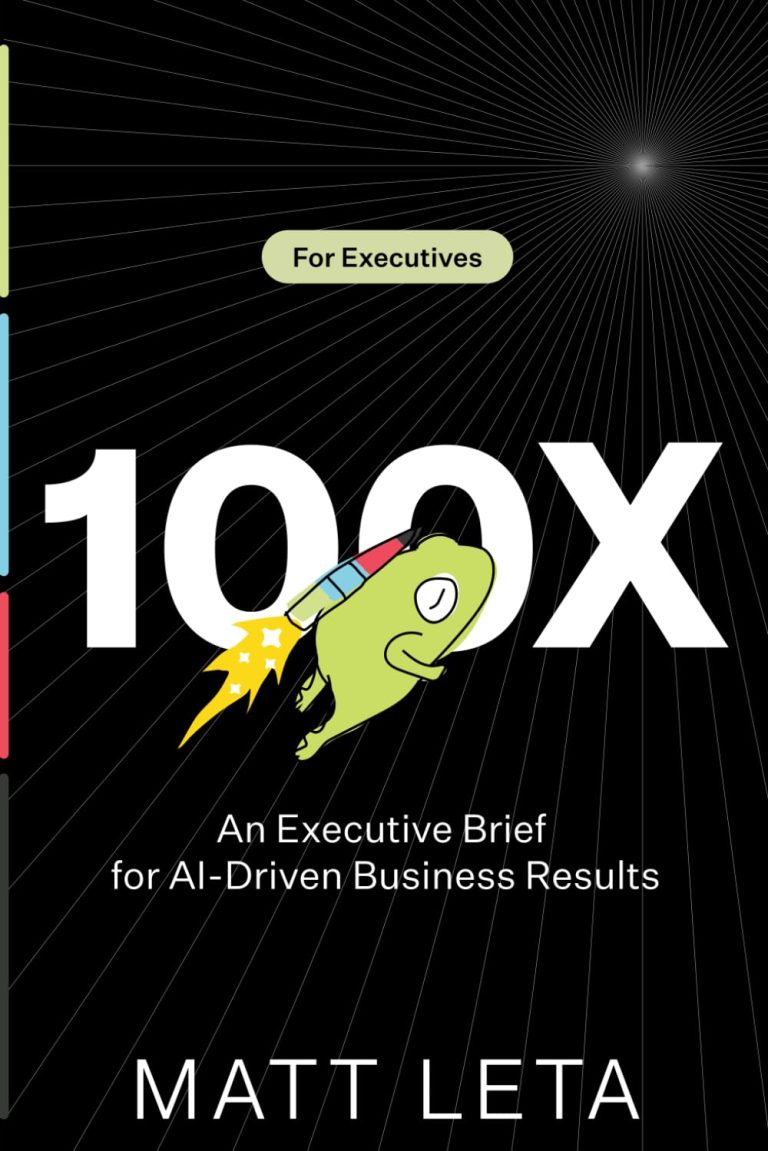
Now loading...
Anthropic has launched its latest AI powerhouse, Claude Opus 4.5, positioning it as the top performer in coding, autonomous agents, and interacting with computers. This new version also shines in routine operations such as in-depth investigations and managing presentations or data tables, signaling a shift in how artificial intelligence could reshape professional workflows.
The model sets benchmarks in practical software development assessments, surpassing competitors on real-world engineering challenges. Developers can access Claude Opus 4.5 immediately through Anthropics applications, its application programming interface, and the leading cloud services. To integrate it, use the identifier claude-opus-4-5-20251101 on the Claude API. Costs have dropped to five dollars for input and 25 dollars for output per million tokens, broadening access for individuals, groups, and organizations seeking advanced AI tools.
Complementing the release, Anthropic rolled out enhancements to its developer platform, coding features, and user applications. These include support for extended agent operations, integration with tools like Excel, Chrome, and desktop environments. In the apps, extended dialogues now proceed without abrupt interruptions, with detailed product notes available separately.
Early evaluations from Anthropic staff revealed uniform praise for Claude Opus 4.5s ability to navigate uncertainties, weigh options independently, and resolve intricate bugs across systems. Users who gained preview access echoed this, reporting superior task planning, tool integration, and efficiency in workflows like code updates and refactoring. Companies integrating it noted reduced token consumption for equivalent results, better handling of prolonged tasks, and improvements in areas from financial modeling to 3D design. One developer highlighted its knack for interpreting user intent accurately, while another praised consistent performance in extended coding sessions. Overall, feedback underscores a leap in reliability and creativity, making complex projects more manageable.
To gauge its prowess, Anthropic applied Claude Opus 4.5 to a rigorous two-hour engineering exam typically given to job applicants. The AI not only completed it but scored above any human participant recorded, though this measures only technical proficiency under constraints, not softer skills like teamwork. Such outcomes prompt broader reflections on AIs role in engineering, with Anthropics research into societal and economic effects ongoing. The model advances across categories, including enhanced visual processing, logical deduction, and numerical abilities, leading in a high number of standard tests.
On agent benchmarks like tau-two-bench, which simulates multi-step interactions such as assisting a traveler, Claude Opus 4.5 demonstrated inventive solutions. Faced with rigid booking rules, it devised a compliant workaround by first upgrading the ticket class before altering dates, though the test framework did not anticipate this approach. This highlights the models problem-solving flair, as noted by users, while Anthropic monitors for unintended rule-bending in safety checks.
Safety remains a priority, with Claude Opus 4.5 emerging as Anthropics most reliable release yet, likely the strongest among leading models for alignment. Evaluations show lower rates of problematic actions, whether prompted or self-initiated. It resists prompt injection attempts, where hidden commands aim to induce misuse, outperforming peers in industry tests. Full details appear in the Claude Opus 4.5 system card.
On the developer front, smarter models like this one complete tasks with less redundancy, conserving computational resources. A new effort setting in the API lets users balance speed and depth, from quick responses to thorough analysis. At moderate levels, it matches prior versions on coding tests with far fewer tokens; at maximum, it exceeds them while staying efficient. Combined with context optimization and sophisticated tool handling, it supports intricate agent teams and boosts research tasks by significant margins. Anthropic aims to make these components more modular for tailored builds.
Product side, coding tools now feature refined planning that involves user input and editable outlines before action, plus desktop support for concurrent sessions. App users benefit from seamless long threads via automatic recaps, while browser extensions and spreadsheet plugins expand to more subscribers, using the models strengths in device interaction and persistence. Usage caps for premium tiers have adjusted to accommodate daily reliance on Opus 4.5, with plans to evolve as capabilities grow.
